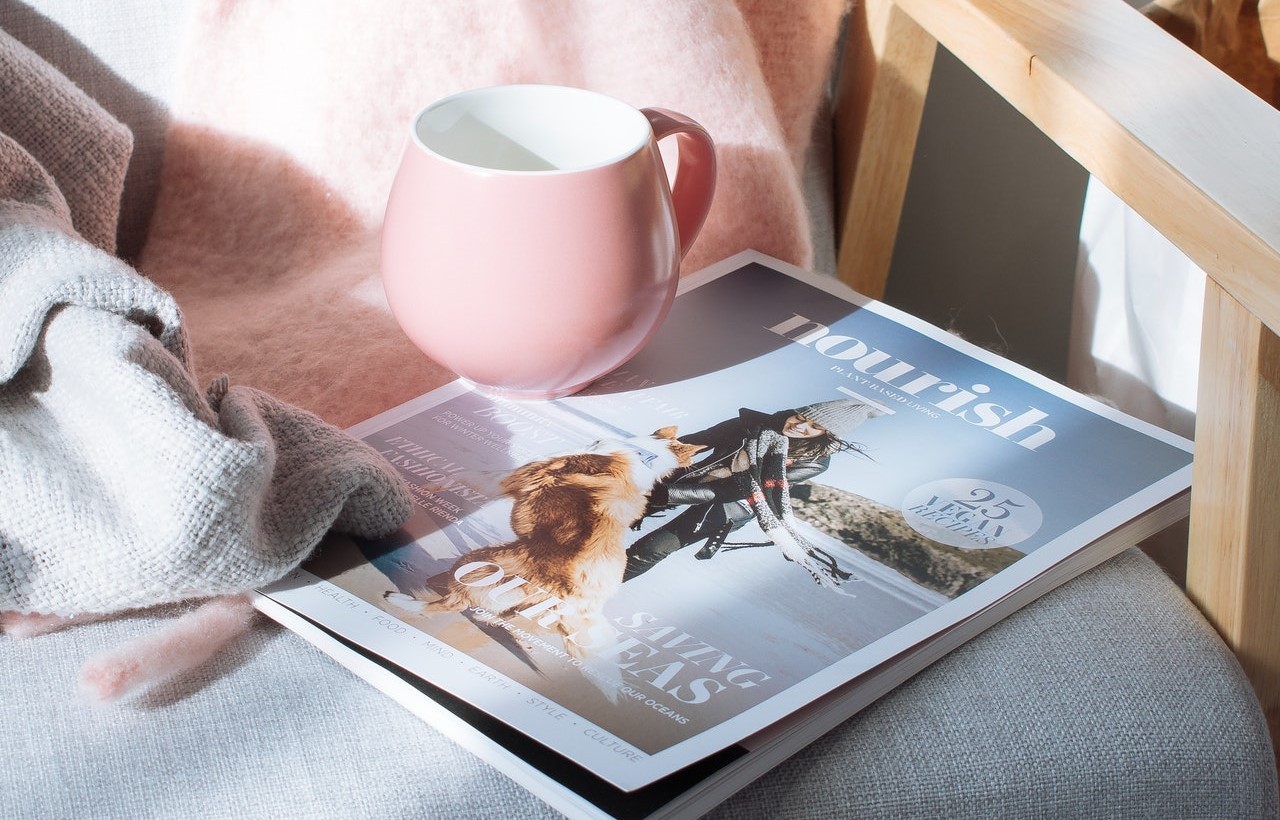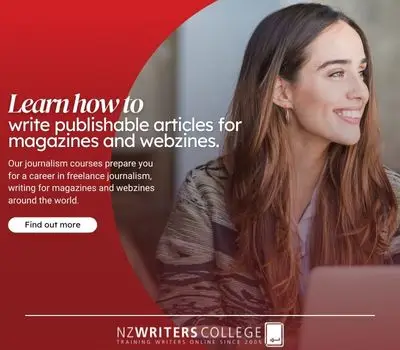The key to securing regular work as a freelance journalist is to know the local market inside and out.
It is essential to familiarise yourself with the publications you want to write for, including finding out who the editor is. Understanding the target audience for each title is also crucial if you’re going to be successful.
The Changing Face of Media
When Bauer Media closed its doors in April 2020, it forced many titles to cease publication temporarily. Sydney private equity firm Mercury Capital purchased Bauer NZ two months later, enabling The Listener and four other mastheads to continue.
Independent investors acquired Metro and North & South to preserve New Zealand’s journalism tradition of long-form features.
In retrospect, the crisis probably restored the balance of publishing power, with privately-owned titles like MiNDFOOD, Together Journal, and Homestyle able to retain control of their publications.
The Magazine Industry Bounces Back
There was a swift and creative response from the industry, which saw a rise in new publications that included digital platforms. Some of these ventures are staffed by those blind-sided by the media giant collapse.
Former Bauer staff collaborated with Greg Partington, Stanley St advertising agency owner, to launch four new titles under School Road Publishing. Sido Kitchin, former Woman’s Weekly editor, helped launch the four titles and is now editor for one of them (Woman, which champions the NZ woman through the power of shared stories, diversity, and inclusivity).
Other titles in the stable include Thrive, which explores whole-person wellbeing, Haven for modern home-living, and Scout, a travel mag devoted to our own backyard, Aotearoa.
Pitch to These Magazines: Old Favourites and New Players
Dish magazine is for people who love all things food. Last year it won multiple awards at the 2020 Webstar Magazine Media awards, including Supreme Magazine of the Year. The judges said, ‘This year, dish showed us all how to survive a pandemic and a publishing shut down. ‘
Another old favourite, Fashion Quarterly, has relaunched in print and digital with more relaxed and easier-to-digest content. However, to write for them, you will need to be savvy in website journalism.
Index is a new publication born out of the significant media shifts of 2020. Co-founded by Sara Black (ex Bauer Media) and photographer Adam Bryce, Index is an independently published magazine with a social conscience teaming fashion, art, and design with critical social issues.
Ensemble was launched just over a year ago by co-founders Zoe Walker Ahwa, former Fashion Quarterly editor, and Rebecca Wadey. It was the only digital-first platform with a women-led team, and their byline became ‘for intelligence and whimsy’. Stuff has recently acquired Ensemble, which will continue to be led by Zoe and Rebecca and become the home of premium fashion, beauty, and women-led content for Stuff.
NZ Woman’s Weekly, now under ARE Media and edited by editor Marilynn McLachlan, is still publishing NZ writers’ content.
Check out Capsule, an online magazine aimed at ‘savvy, strong, intelligent women‘.
Juno magazine was founded with an eye towards women and investing, edited by Brenda Ward.

How to Land a Gig as a Journalist
If you fancy writing for these or any other titles, Thrive’s editor, Niki Bezzant, has some good advice for freelance journalists who are looking for work:
- Research. Find out everything you can about the target publication/outlet, including the editor and who the audience is.
- DO NOT pitch generic ideas to multiple outlets. Approach the editor with specific pitches/ideas. If you go in with at least one idea, even if they don’t like it, they might have something else that would suit you.
- Show examples of your (ideally published) work. Just a link to one or two pieces, preferably similar to the one you’re pitching. This will give the editor a good idea of your style and fit for them.
- Send ideas in snappy, short form, with a great headline and bullet points of the content of the proposed article.
- Follow up. Editors’ inboxes are busy, and things slip down and get forgotten, so they might appreciate a gentle reminder a week or so later. That way, you can move on and pitch to someone else if the answer is a ‘no’.
Writer and editor Ewan McDonald (who tutors the Freelance Journalism Course at NZ Writers College) also agrees that it comes down to a good, well-aimed pitch to the right editor. This means spending time researching the most suitable outlet for your feature – especially as titles become niche-oriented and migrate to digital-only.
Internships for Magazine Journalists
If you are new to the industry, securing an internship with a publication is an excellent way to increase your exposure and receive valuable feedback.
Verve is Auckland’s free lifestyle magazine with a well-established niche spanning a quarter of a century and will consider internships for suitable candidates.
Ask any journalist what they find the hardest about their job, and they’ll likely say it’s the constant hustle to find work. Your success as a freelance journalist is heavily dependant on the professional relationships you build with editors in the industry. Now that you have some magazines to approach, get hustling!
About the Author

Melissa Gilbert is a part-time GP pursuing a dream to share what she has learned through writing, with the aim of connecting more women with the truth about health and wellbeing. Wellbeing for Melissa includes leading a community garden initiative where she lives in Northland, as she believes locally grown, organic food is a cornerstone to health.













